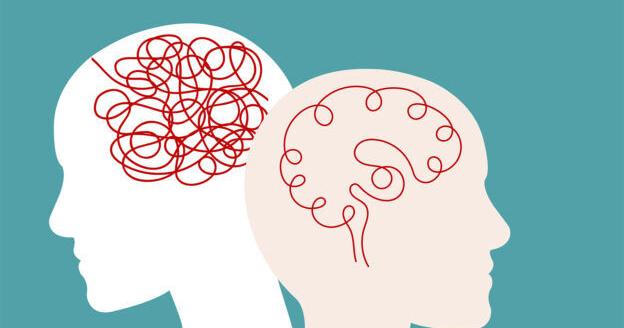Why New York’s largest health system is turning to clergy for help
Doctors and clergy talk about healing in different ways. Doctors treat the body, which means taking vital signs, making a diagnosis based on evidence and prescribing treatment methods with the expectation of immediate results. Members of the clergy tend to the spirits, which means providing pastoral care, teaching the basics of faith and believing in things that are, by definition, unprovable and immeasurable. However, as America’s mental health crisis reached a critical mass, we physicians realized it was time to break down the barriers that traditionally separated hospitals and houses of worship and training members of the clergy to give what can be called emotions, mind and spirit. first aid.
To understand why many health systems are affiliated with religious organizations, consider that 169 million Americans, according to the Bureau of Health Workforce, live in areas with a severe shortage of health professionals. mental health. That’s more than half the population, and that number, unfortunately, is growing. Adding to the challenge is the cost factor: Many mental health professionals do not accept any insurance and charge large fees upfront for their services.
These are some of the reasons we at Northwell Health have decided to do something we have never done before. We went to the members of the clergy, asked for their help and offered to help them as well.
First, we created a Pastoral Advisory Council, which consisted of 12 influential interfaith leaders, to give us guidance and advice. As New York’s largest health system, we serve people from an amazing array of religious traditions, races, and backgrounds, and we wanted to make sure we were attuned to the challenges and needs of each nation. “Mental health” is not trivial and cannot be treated with prescribed solutions – matters of context. To provide effective mental health care, you must know exactly what concerns people and communities, and our advisory council members help guide us in the right direction.
But to solve this huge problem, we knew we needed more than just guidance and advice. Two years ago, we started the religious leaders’ groups, an initiative aimed at giving members of the clergy a Mental Health First Aid Certificate, or MHFA, which is a national program aimed at imparting the skills of recognizing and responding to symptoms of mental illness. drug abuse.
The first step in this training was to give the clergy members themselves the tools – and permission – they needed to practice self-care. For example, during the time of COVID-19, we have seen many dedicated priests and pastors, rabbis and imams and religious leaders of all traditions spend long hours checking on the suffering, comforting the lonely and comforting those who are afraid. This work backfired, and yet, only a few of those who were overcharged knew how to pause and recharge their emotional batteries and of the body.
After equipping these caregivers with self-care tools, we trained them in basic but important steps to provide effective and immediate care: how to assess suicidal risk or harm, how to of listening without judgement, how to give encouragement and information, how. promoting appropriate professional help and self-help advocacy and other effective support methods.
We are optimistic about the future of this program – not only because it has received hundreds of letters from pastors who have already established their own interfaith support organization. We now have a lot of evidence that this type of peer counseling is very effective. Another 2021 review of 44 trials found that interventions delivered by nonprofessionals, including teachers and members of the clergy, were more effective in treating and even preventing symptoms of anxiety and depression. feelings.
This helps to explain why doctors and other health care professionals continue to view spirituality as one of the most important aspects of public health, a key factor in a big part in determining a person’s health. Faith-based organizations are not only effective in providing services and education that help communities face health challenges; they also promote a sense of purpose and community that improves overall mental health.
Let’s hope more health care professionals and religious leaders alike step up to the challenge and invest time and resources to make sure we can help our friends and family who are struggling.
(Dr. Debbie Salas-Lopez is Northwell Health’s senior associate of public health and population health. The views expressed in this commentary do not necessarily reflect those of Religion News Service.)
#Yorks #largest #health #system #turning #clergy
